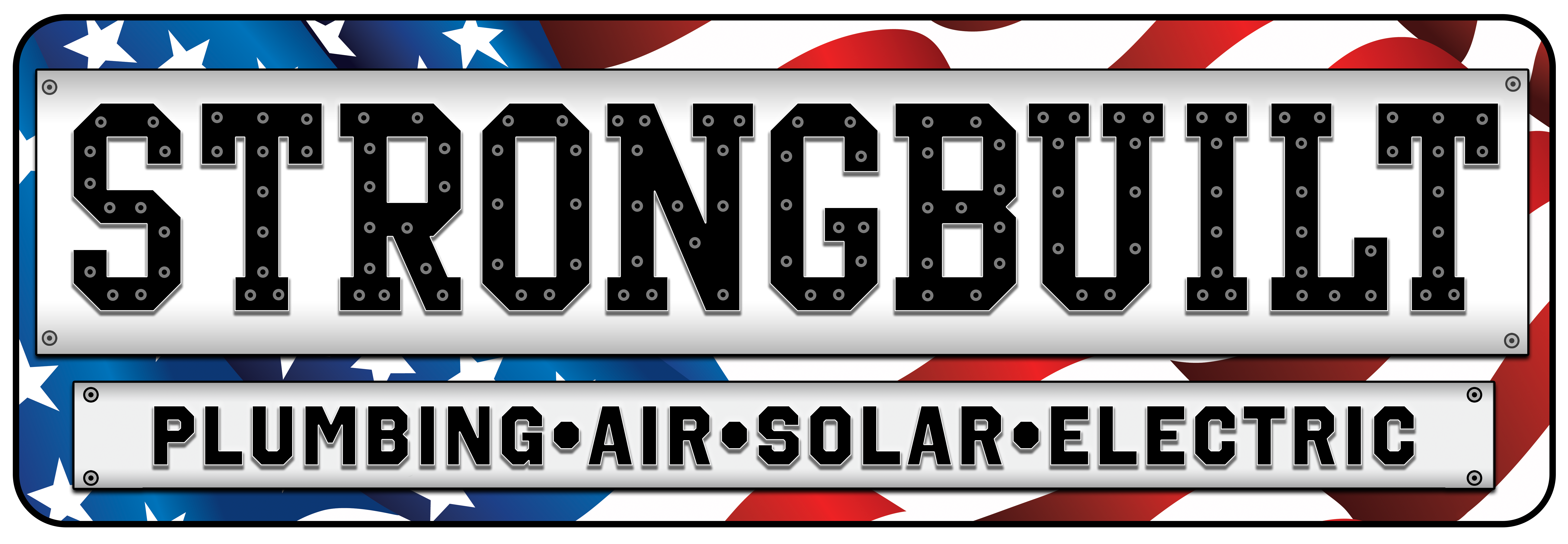Hard water 101 in Tucson, Albuquerque, and surrounding areas
According to the United States Geological Survey, 85% of the U.S. has hard water. But what is hard water, and what makes soft water preferable? Let’s break down hard water vs. soft water, how they are different and how you can soften your water.
What is Hard Water?
Hard water contains a significant amount of calcium and magnesium. The term comes from the high mineral content of the water. Hardness in water is measured in grains per gallon (gpg). A gpg is defined as 1 grain (64.8 mg) of calcium carbonate dissolved in 1 gallon (3.8 L) of water. This is equal to about 17.1 mg/L or parts per million (ppm). If your water has 1-3.5 gpg it is slightly hard, 3.5-7 is moderately hard and 7-10.5 is hard. Anything above 10.5 gpg is considered very hard.
Hard water is naturally found in groundwater and places where there is limestone and gypsum.
Is hard water bad for you?
Hard water is not generally considered a health risk, but it can be inconvenient for your appliances, laundry, and skincare. Hard water can be hard on hair and skin, especially for people with eczema. A water softening system can help with dry hair and skin.
Hard water tends to interact with soap in a way that forms a film as opposed to a lather; sometimes you’ll find yourself having to rinse a second time. You may also have to use extra soap, shampoo, detergent, and cleaning supplies. The soap scum also doesn’t rinse off well, so it sticks to your hair and skin when you bathe. Hard water also leaves spots, especially in clean dishes in the dishwasher. Although the dishes are clean, there are spots of calcium carbonate.
Your plumbing and appliances can also be affected. When heated, the minerals in hard water stick to the inside of pipes, fixtures, and tubing. Over time, this “scale” builds up and causes a variety of issues that lead to more frequent repairs and replacements. Water heaters with scale buildup require more energy to heat the water.
Calcium and magnesium are both essential minerals so drinking hard water can help people get enough of these nutrients.
Hard Water vs. Soft Water
Soft water has less than 1 gpg of calcium carbonate. When water falls from the sky, it contains no minerals; it picks up these minerals as it travels through the earth. Areas with an abundance of chalk, limestone, and marble tend to have the hardest water.
Soft water easily forms a lather with soap. Typically, you can use up to 50% less soap compared to washing with hard water. Soap rinses away easily, leaving you with smooth skin and healthier hair. Hard water strips away natural oils and changes the pH balance of your water, but soft water doesn’t. You may also need less lotion and conditioner.
Independent studies have shown that when using soft water, you can use 50% less detergent in washing machines and save energy by washing clothes in cold water while still getting the same, or better, cleanliness. A study also showed that you can use half the detergent in dishwashers and get the same cleaning results.
With soft water, appliances and fixtures maintain their efficiency and flow rate much longer. Pipes without scale buildup last longer as well, reducing costly replacements. Hard water affects water heaters especially negatively. According to one study, some tankless water heaters using hard water only lasted a little over a year and a half.
How can I tell the difference between hard and soft water?
There are a few telltale signs of hard vs. soft water. One of the easiest ways to know if you have hard water in your building is through buildup. Look at your showerhead for areas of white buildup that look like salt. These are a good indication of hard water. However, some other signs of hard water may be less perceptible such as a slightly unpleasant taste in their drinking water or residue on clean dishes. If you are still unsure, schedule a free consultation with Strongbuilt to see how we can fix your water issues.
How do I soften my water?
The most efficient way to soften water is by using a salt-based water softener that contains ion exchange resin. The resin is made up of tiny plastic beads that have a negative charge. Sodium or potassium ions bind to the resin because they have a positive charge. When hard water flows through the resin tank, the calcium and magnesium ions switch places with the sodium or potassium ions because they have a stronger positive charge. With the levels of calcium carbonate less than 1 gpg, the water is considered soft. Over time, the resin becomes full of calcium and magnesium so needs to be regenerated. Depending on the softener you choose, different control valves have different ways of telling the system when to regenerate.





